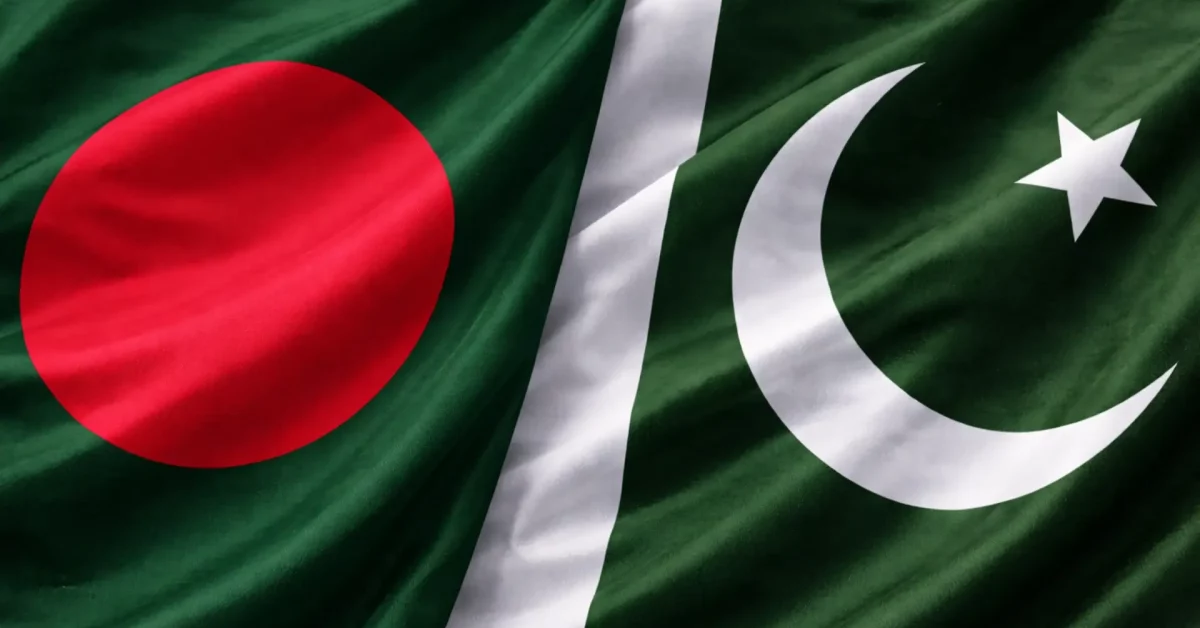
ZAPTA Technologies: A Retrospective of 3 Years of Innovation and Impact
December 4, 2023
5G Innovation Hackathon: Paving the Way for a Transformed Pakistan
December 7, 2023A day at a 5G hackathon
Life is funny. I got into civil engineering despite having a taste for writing. And, fast forward a year on, I was sitting in Pakistan’s first ever 5G lab, writing about it. This, ladies and gentleman, is the ‘Digital Pakistan’ experience.
The 5G lab, built by Jazz in collaboration with National University of Sciences and Technology (NUST), is a game changer for the advent of 5G in the country. In order to gauge the need for 5G in the country, a 5G hackathon shall be held from 8-10 December. In order to introduce the participants and enlighten them with the benefits of 5G, an orientation was held in SINES-NUST on Friday, 24 November. Being a part of Digital Pakistan, I had the rare opportunity to attend the event and cover it. At 9:30 a.m. I was in Soil Mechanics lab. 2 hours later, I was in the 5G lab. That, my dear Digital fellows, is life.
The event was mesmerizing on many levels. The fact that I witnessed something as magical as 5G up so close was unbelievable. Witnessing the intellect of the participants and the diversity on display was surreal as well. Students were present from all parts of Pakistan, including Karachi, Mardan and Sukkur. Their projects were equally diverse, with groups working on a range of topics, from Smart Cities to Crop Health Monitors to Real-Time Health Sensors, encompassing key areas of everyday life. Appreciation is also due to the likes of Oppo, Huawei and Tecno who made it possible for researching teams to have access to 5G core and devices for testing. Without their contributions, the lab wouldn’t have been as busy as it is now.
The event commenced with a presentation in the SINES Seminar Hall where Fahad Rehman, Stream Head Sustainability, welcomed the participants to the event and introduced them to the hackathon. After him, Dr Hammad, Principal of SINES, addressed the meeting. An insight into the history of SINES was given, followed by an introduction to the 5G lab. The lab is the first stand-alone lab in Asia, a feat enough to make us proud. Such labs are difficult to run and yet, here we were. Regarding the hackathon, Mr. Hammad informed everyone that 327 applications were received and only 37 people were selected for the main event.
At this point, Mr. Latif Hussaini, Head of technology at Jazz, was invited to enlighten the participants further. Mr. Hussaini took us down memory lane, starting with the advent of first generation and ending on the current scenario of 5G. The participants learned about the evolution of technology, the reasons to get 5G and how the future could look like for esports, sports, connectivity and general life.
A short tea break was called after Mr. Latif’s address. My social anxiety did not allow me to get tea, but I got my hands on a couple of chocolate biscuits. And here, the Digital Pakistan experience came into full swing. I got the opportunity to interview various members of the participating teams, asking them all sorts of “journalistic” questions and getting a side serving of ‘networking’. It was truly fascinating to learn how creative the minds of the youth were. Equally important was the impact that 5G held in determining the future of the country.
After the Friday prayers, a scrumptious meal awaited us. As a hostelite, it was an absolute win for me. After the heavy affair of fish, pizza and sandwiches, it was time to enter the 5G lab and observe it. All the groups presented their ideas. National Information Technology Board (NITB) CEO Mr. Baber Majid Bhatti was present to listen to the innovative ideas of each participant as well as guide them. With regards to 5G arriving in the country, Mr. Baber said, “I see it happening in the near future”. All queries with regards to 5G were also answered. Finally, to cap off the fascinating event, the first ever 5G call was conducted. A lag-free video call was perhaps the start to the future of 5G in the country.
And finally, standing in the 5G lab as a civil engineering student writing for Digital Pakistan was perhaps the embodiment of the phrase, “Where there is a will, there is a way”.
About the Author: Muhammad Abdul Wasay is an esports-fan who failed to make it to the competitive scenario. He now plys his trade in the worlds of civil engineering and content writing, hoping to either host Pakistan’s esports success or document it.






